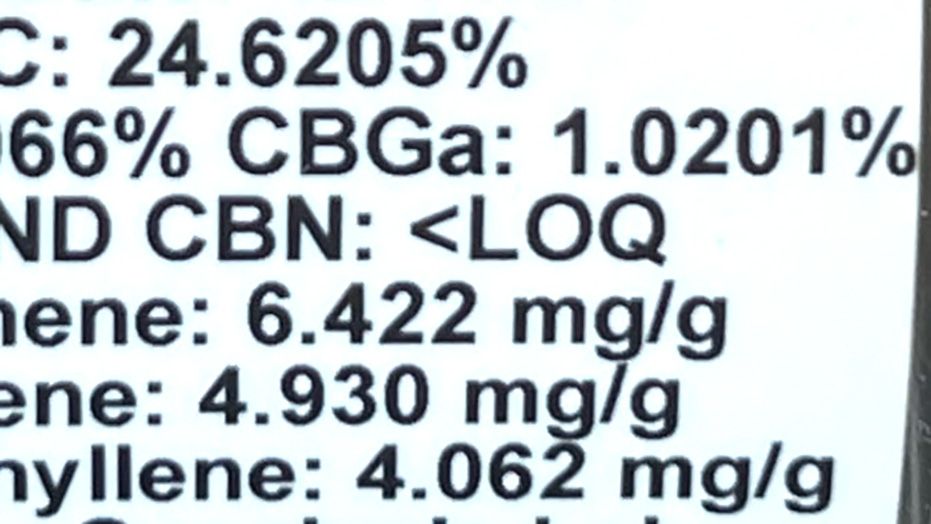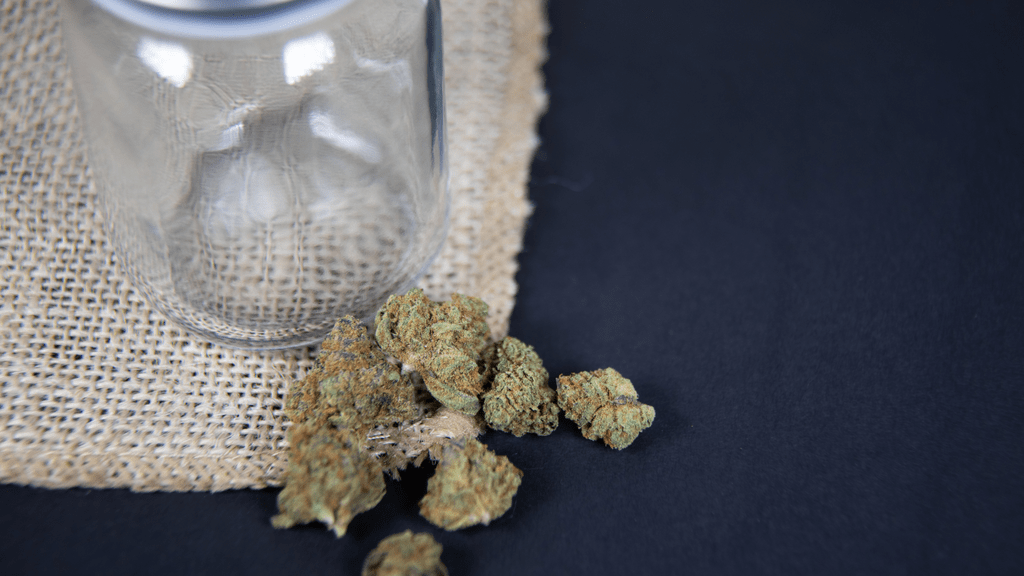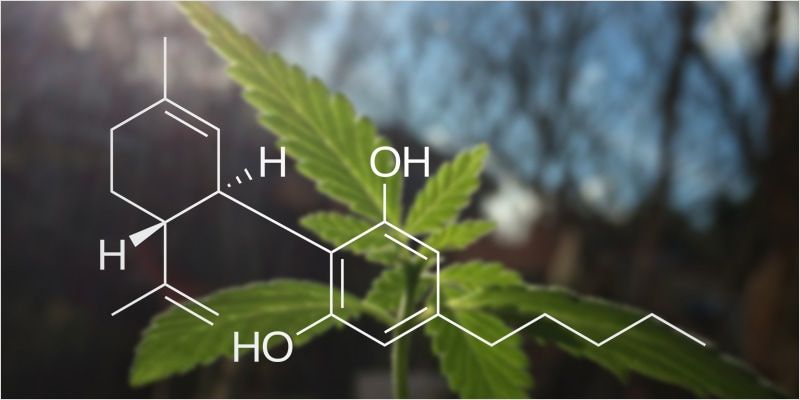-
Unlocking the Potential of Minor Cannabinoids: Exploring CBG and CBN
Learn More: Unlocking the Potential of Minor Cannabinoids: Exploring CBG and CBNIn the ever-evolving landscape of cannabis research, two lesser-known cannabinoids, Cannabigerol (CBG) and Cannabinol (CBN), are stepping into the spotlight. These compounds, while not as…

Blogs
Checkout Our Most Recent Posts
-

The Niche Frontier: THCV Combinations for Specific Consumer Needs
The cannabis industry has entered an era where individual cannabinoids are no longer marketed as standalone stars but as carefully crafted ensembles. THCV (tetrahydrocannabivarin), long…
-

THCV and Appetite Control: Sorting the Science from the Hype
In the world of cannabis, cannabinoids like THC and CBD tend to dominate the conversation. But over the past few years, another compound has started…
-

Budtender Insights: How Staff Educate Shoppers About THCV’s Unique Effects
Dispensary culture has evolved far beyond simple retail transactions. Today, budtenders act as trusted advisors, helping customers make sense of a rapidly expanding range of…

